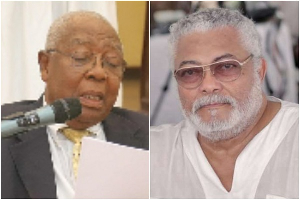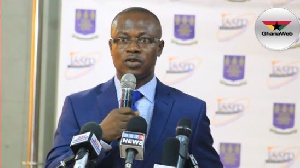Tanzania took its reform agenda to its development partners yesterday, with the Treasury Permanent Secretary, Mr Emmanuel Tutuba, outlining several areas of focus to spur economic growth.
Mr Tutuba told participants at the strategic dialogue meeting in Dar es Salaam yesterday that, working in close collaboration with development partners, the government will undertake several measures in efforts to spur economic development and reduce poverty.
Special focus will be put on tweaking the growth rates of sectors that are directly linked to the lives of a majority of Tanzanians, including agriculture, livestock and fisheries.
The meeting comes within ten months after Tanzania graduated from a least developed country to a lower-middle-income one.
This came after the World Bank put Tanzania’s gross national income (GNI) per capita at $1,080 in 2019, a rise from $1,020 in 2018.
For the World Bank’s 2021 fiscal year, low-income economies are defined as those with a GNI per capita of $1,035 or less in 2019.
On the other hand, lower-middle-income economies are those with a GNI per capita of between $1,036 and $4,045 while upper-middle-income economies are those with a GNI per capita between $4,046 and $12,535. High-income economies are those with a GNI per capita of $12,536 or more.
Mr Tutuba commended the development partners for their role in Tanzania’s attainment of the new development level, and pledged that the government would put to good use all the money that is received as development assistance from donors.
He pleaded with them to read Tanzania’s Development Plan with a view to finding out areas that they could channel their support into.
Some of the strategic projects that rank highly on President Samia Suluhu Hassan’s agenda, Mr Tutuba said, include the Julius Nyerere Hydroelectricity Dam, transport infrastructure, ICT development and the construction of social services amenities like hospitals, schools and water projects.
Mr Tutuba said being the first discussion with development partners since the attainment of the lower-middle-income status, extra focus would be put on economic and fiscal reforms in sustaining the country’s growth momentum and updates on implementation of the Blueprint while addressing the existing challenges.
He added that the development partners would also be discussing how prioritization of the development projects is linked to enhanced economic growth.
“Special focus is on attracting investments, both local and foreign - thus improving the business environment (reforms in policies and regulatory frameworks) is fundamental to ensuring a friendly environment to attract investors,” he said.
In its pledge to improve the business environment, he said the government is open to views on bottlenecks that are encountered in implementation of the Blueprint which was designed to create a business enabling environment.
In facilitating socio-economic welfare of the people, the government plans to discuss with development partners how to expand basic services delivery.
The co-chairman of development partners in Tanzania - who doubles as the UN Resident Coordinator - Mr Zlatan Milisic, said the meeting comes at the right time when Tanzania is about to start implementing its third Five-Year Development Plan from the 2021/22 to 2025/26 financial years.
He said development partners would continue to cooperate with the government in implementation of its development plans which the development partners took part in their preparation stages.
The two-day meeting is attended by government technocrats and development partners from various countries that are represented in the country. A similar meeting will be conducted in November this year, which will bring together ministers from different sectors, diplomats representing their countries in Tanzania, members of the private sector and non-governmental organisations, as well as civil society organisations.
Africa News of Tuesday, 11 May 2021
Source: thecitizen.co.tz
Tanzania outlines reform agenda to partners
Entertainment












